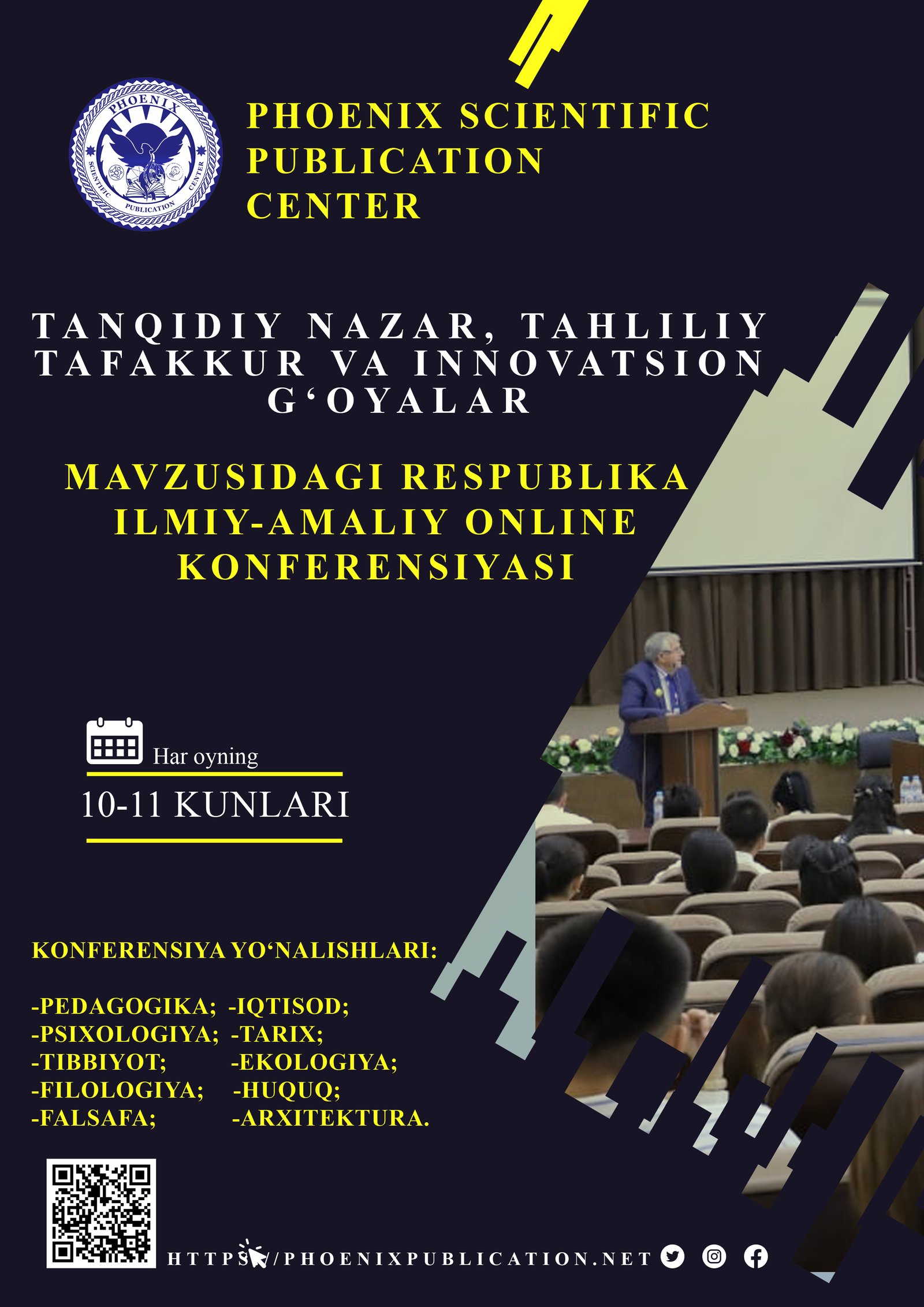Abstract
Linguistic corpora represent collections of naturally occurring language data that have become essential tools for modern linguistic research, language teaching and computational linguistics. This article examines the fundamental need for creating linguistic corpora and explores their numerous advantages across various domains of language study. The systematic compilation and analysis of large-scale language datasets enable researchers to uncover patterns, validate theoretical claims, and develop evidence-based approaches to language description and analysis. As digital technologies continue to advance, the creation and utilization of linguistic corpora have become increasingly sophisticated, offering unprecedented opportunities for understanding language structure, use and variation.
References
1. Biber, D., Conrad, S., Reppen, R. Corpus linguistics: Investigating language structure and use. Cambridge University Press. 1998.
2. Ellis, N. C. Frequency effects in language processing: A review with implications for theories of implicit and explicit language acquisition. Studies in Second Language Acquisition, 24(2), 2002. 143-188.
3. Gries, S. T. Statistics for linguistics with R: A practical introduction. De Gruyter Mouton. 2013.
4. Hundt, M., Nesselhauf, N., Biewer, C. (Eds.). Corpus linguistics and the web. Rodopi. 2007.
5. Manning, C. D., Schütze, H. Foundations of statistical natural language processing. MIT Press. 1999.
6. McEnery, T., & Hardie, A. Corpus linguistics: Method, theory and practice. Cambridge University Press. 2012.
7. Romer, U. Corpus research applications in second language teaching. Annual Review of Applied Linguistics, 31, 2011. 205-225.
8. Sinclair, J. Corpus, concordance, collocation. Oxford University Press. 1991.
9. Wynne, M. (Ed.). Developing linguistic corpora: A guide to good practice. Oxbow Books. 2005.
